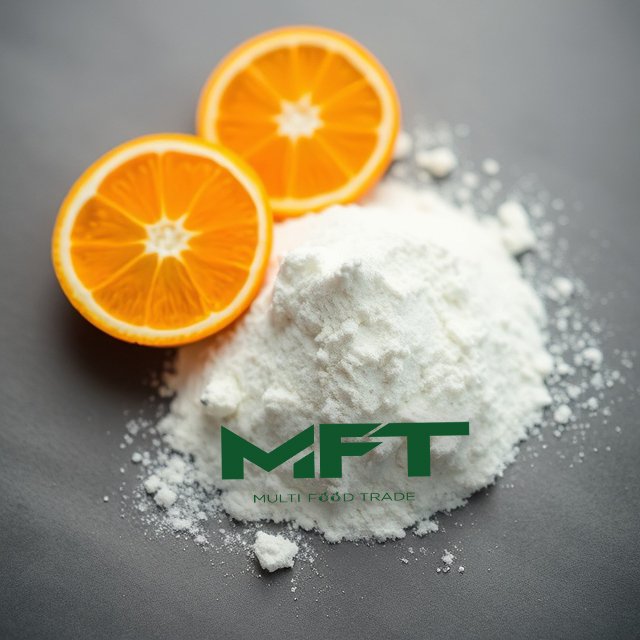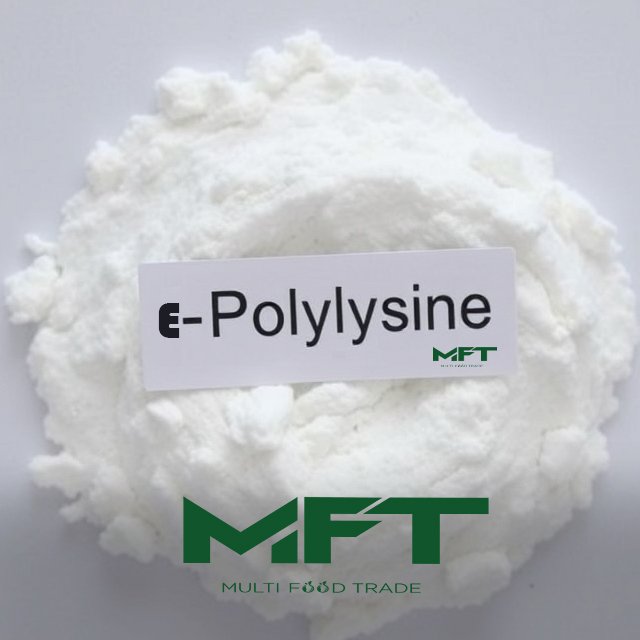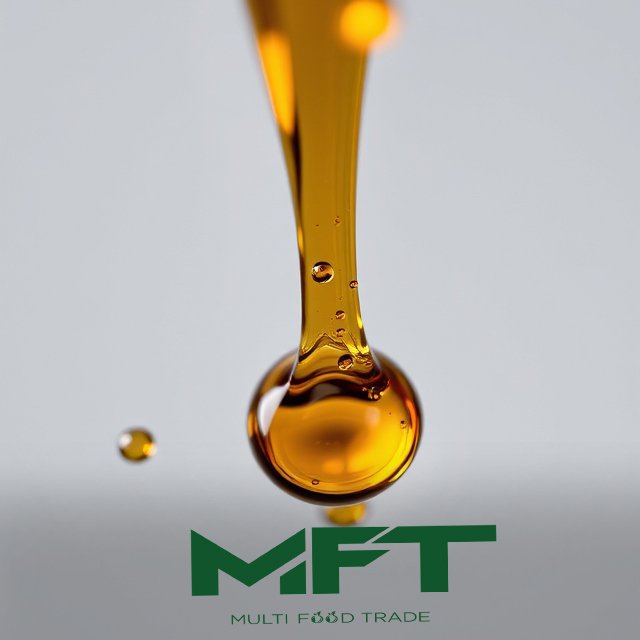1. Antioxidant and Preservative:
o Prevents Oxidation: As an antioxidant, Vitamin C helps prevent oxidation in food products, maintaining freshness and prolonging shelf life.
o Prevents Browning: In fruits and vegetables (especially in fresh-cut products), Vitamin C helps slow down the enzymatic browning process caused by polyphenol oxidase. It is commonly used in the preservation of apples, potatoes, and salads.
2. Fortification and Nutritional Additive:
o Nutrient Fortification: Vitamin C is added to many processed foods, beverages, and supplements to enhance their nutritional value, especially in products like fruit juices, breakfast cereals, and energy bars. It plays an essential role in collagen formation, immune function, and iron absorption.
o Replenishing Nutritional Value: In some food products that may lose vitamin C content during processing, the additive helps restore the nutrient levels.
3. Color Retention:
o Maintains Color: Vitamin C helps maintain the bright color of fruits and vegetables, especially in canned or frozen products. Its antioxidant properties also help prevent color fading in meat and poultry products.
4. Acidity Regulator:
o pH Adjustment: Vitamin C can act as an acidity regulator in certain food and beverage applications, particularly in soft drinks or fruit-based products.

 .jpg)








.jpg)

